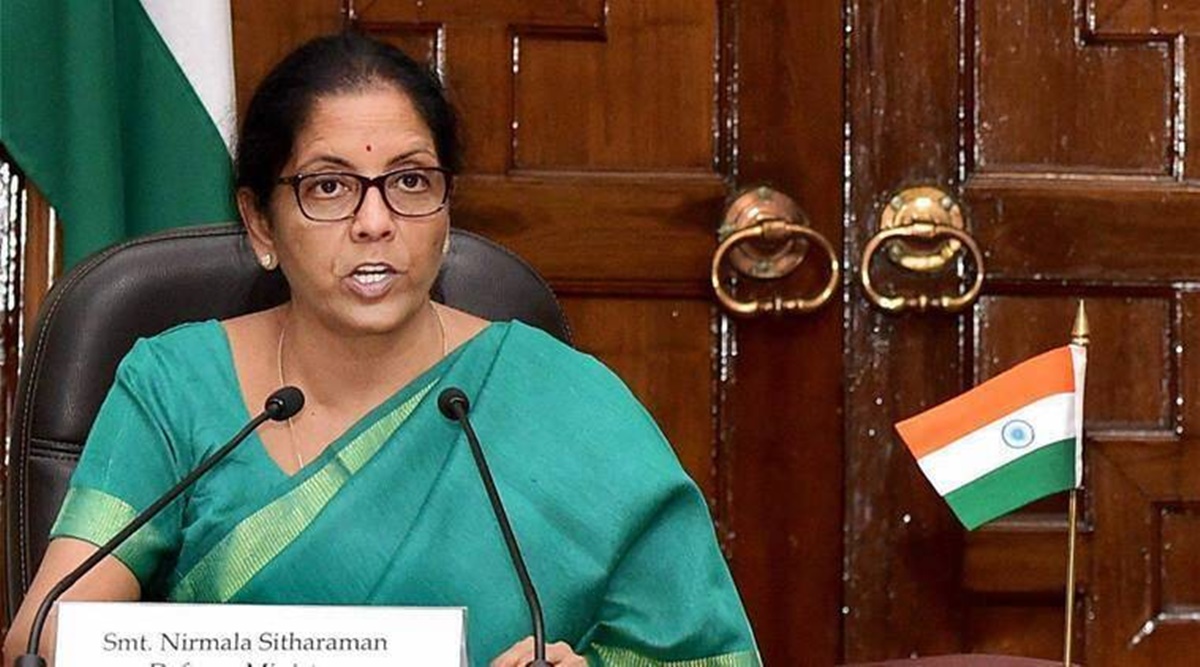 During her Budget speech, Union Finance Minister Nirmala Sitharaman compared MSP procurement in the year 2013-14 with the present years.
During her Budget speech, Union Finance Minister Nirmala Sitharaman compared MSP procurement in the year 2013-14 with the present years. Union Finance Minister Nirmala Sitharaman’s statement about robust procurement under the government-declared Minimum Support Price (MSP) is a sign of distress in rural economies, according to farm leaders in the state. The Budget, they felt, has skirted the fundamental issue of the realisation of MSP in open markets, without government intervention.
During her Budget speech, the finance minister compared MSP procurement in the year 2013-14 with the present years. Government procurement of rice, wheat, cotton and pulses have seen significant year-on-year rises, while that of jute, oilseed and copra do not have a definite trend.
“The MSP regime has undergone a sea change to assure a price that is at least 1.5 times the cost of production across all commodities. The procurement has also continued to increase at a steady pace. This has resulted in an increase in payment to farmers substantially,” she said.
However, most farmer leaders were quick to point out how increased procurement does not necessarily mean more returns to farmers. Barring wheat and rice, which the Food Corporation of India (FCI) buys for providing food grains mandated under the National Food Security Mission, MSP procurement for the other 21 agro-commodities starts when their average traded prices in wholesale mandis fall below the MSP.
Agencies like the National Cooperative Agricultural Marketing Federation of India Ltd (NAFED) and the Cotton Corporation of India (CCI) wade in to buy from farmers at MSP to help stabilise prices. Such procurement invariably stops when prices cross their MSP.
Thus, for the year 2019-20, the CCI had to continue its MSP operations almost throughout the season and ended up procuring 105 lakh bales, with each bale containing 170 kg of ginned deseeded cotton. However, this year, the corporation has already suspended active procurement in almost 300 of its 450 procurement centers, as cotton prices have crossed their MSP of Rs 5,825 per quintal.
Similarly, while the government has announced the procurement of tur and soybean, hardly any significant procurement has taken place, given that the ruling prices are above the MSP of Rs 6,000 per quintal and Rs 3,850 per quintal, respectively, in most of the mandis.
Former MP and founder of the Swabhimani Shetkari Sanghatana, Raju Shetti opined that the emphasis on increased MSP procurement was a sign of rural distress rather than prosperity. “What the Budget misses is that in the last six years, farmer incomes have dipped, which pushed growers to the wall. Government procurement is a sign of this distress,” he said
MSP and its realisation is one of the major demands of the protesting farmers who have been agitating since the past two months outside the national capital. The farmers have demanded that MSP be made legally binding.
Shetti was critical of the Budget and said that it did not make any lasting policy-level interventions towards the agriculture sector. “Instead of increased reliance on government procurement, a conducive atmosphere should be created to help farmers realize above MSP prices in the mandis. But in the name of inflation, targeting the government, prices are always kept down,” he said.
President of Shetkari Sanghatana – the farmer’s body founded by late Sharad Joshi – Lalit Patil opined that MSP operations do not necessarily mean rural prosperity. “Farmers are encouraged to grow more, but hardly any market availability is done for the absorption of the excess produce,” he said. The budget for MSP procurement, he said, would be better utilised for creating long-standing infrastructure which would help farmers.
Along with government agencies, the MahaFPC – the umbrella body of Farmers Producer Companies (FPCs) in Maharashtra – also actively participates in MSP procurement in the state. Yogesh Thorat, managing director of MahaFPC, mentioned that while MSP procurement policies are in place, on-ground mechanisms for their effective implementation are lacking. “The Budget should have made some announcements towards this,” he said.
